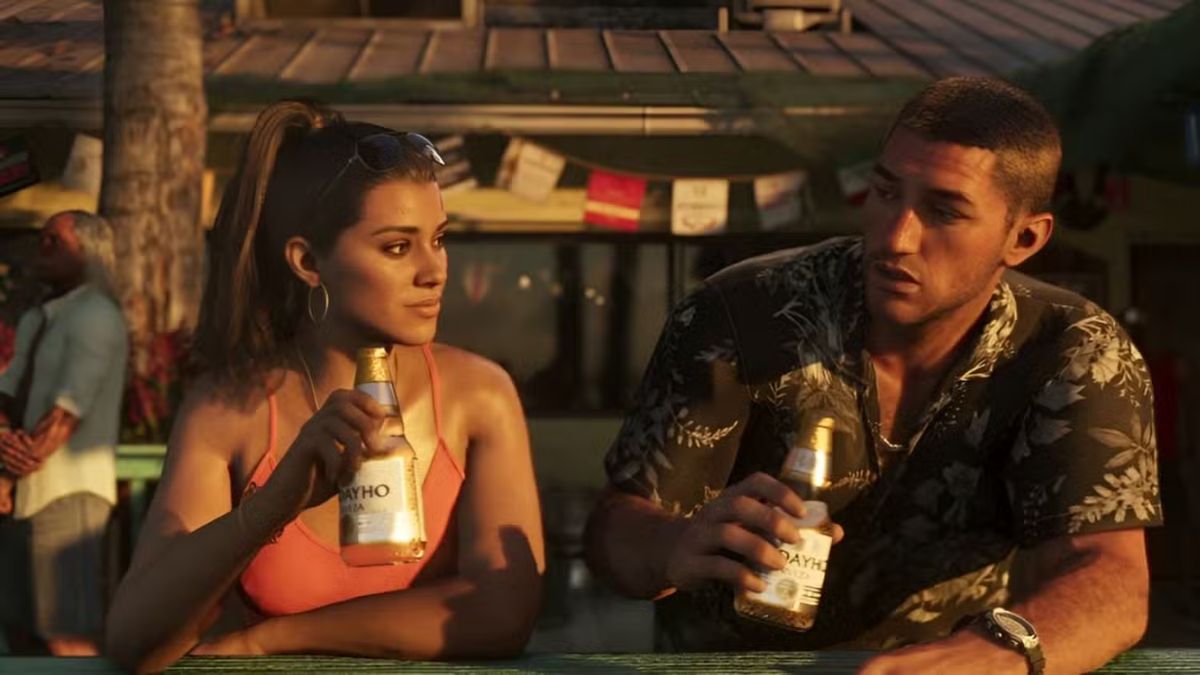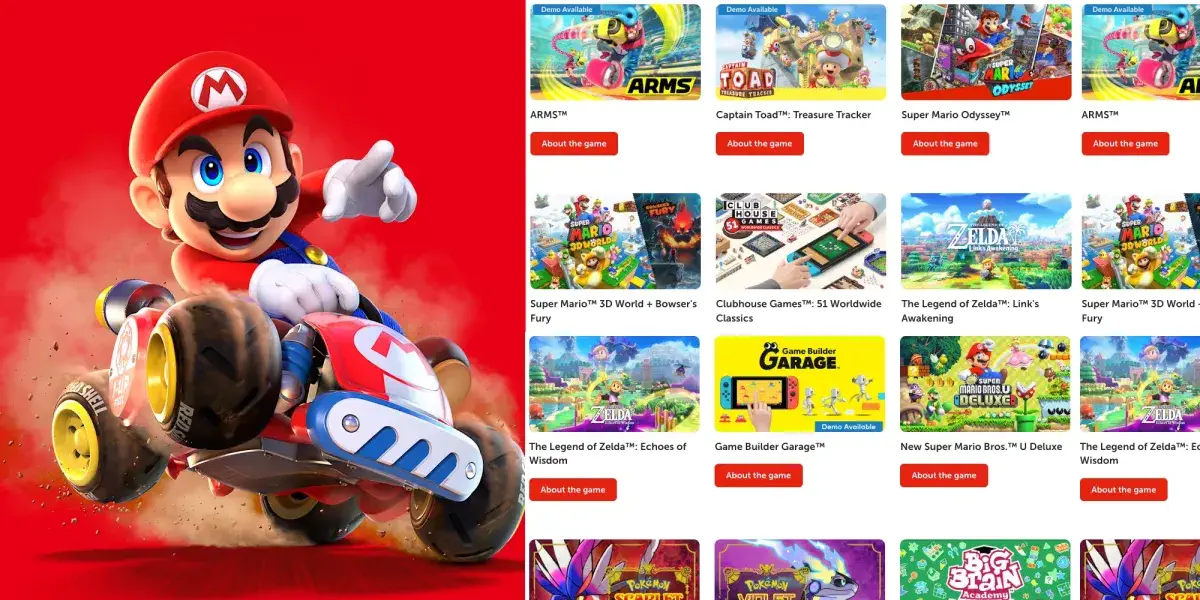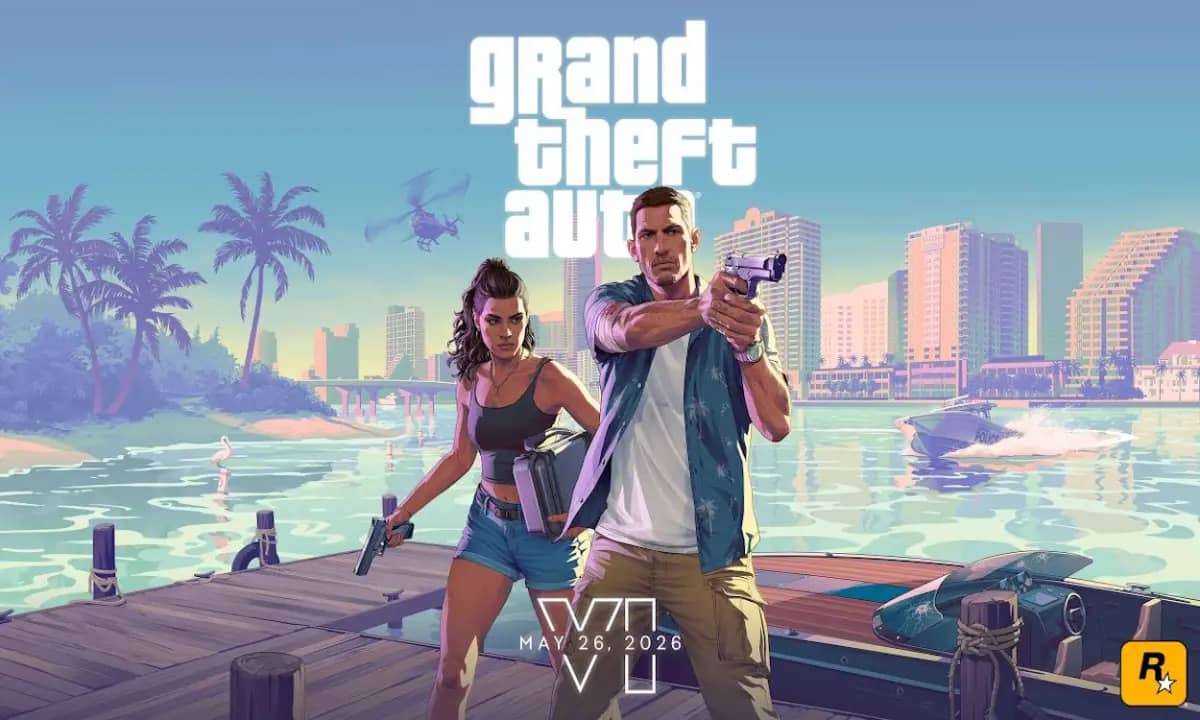A popular consumer movement called Stop Killing Games has reached an important step in the European Union after collecting more than one million signatures. Now recognized as an official European Citizens’ Initiative, the campaign demands that game publishers stop shutting down online-only games that players have paid for.
The European Commission is now required to respond formally to the petition. However, the movement is facing strong resistance from industry leaders. On Friday, Video Games Europe, a trade group representing game developers and publishers across the EU, issued a statement criticizing the proposals.
The group said that while it understands the disappointment players feel when a game is shut down, ending online support is sometimes necessary. “The decision to discontinue online services is multi-faceted, never taken lightly, and must be an option when an online experience is no longer commercially viable,” it said.
The industry also raised concerns about fan-run private servers. These are sometimes used to keep games alive after official servers go offline. However, Video Games Europe argues that these alternatives may lack proper security and content moderation, putting both players and companies at risk.
The association warned that the Stop Killing Games proposals could hurt developers by making it too expensive to create online-only games. “These proposals would curtail developer choice,” it added.
On the other hand, campaign organizers say that modern games are often sold like permanent products, without clear expiration dates. When these games become unplayable due to server shutdowns, consumers lose access to something they paid for. They call this “planned obsolescence” and argue that it harms both customers and efforts to preserve video game history.
A major disagreement remains over what players are really buying. Publishers say it’s a license to access a service. Many players believe they’re purchasing a full product that should last.
Despite the debate, Stop Killing Games continues to gain support from players across Europe. While the initiative may lead to new rules in the EU, similar protections are not guaranteed in other parts of the world.
Video Games Europe said it is open to discussions with lawmakers and campaign leaders in the coming months.











